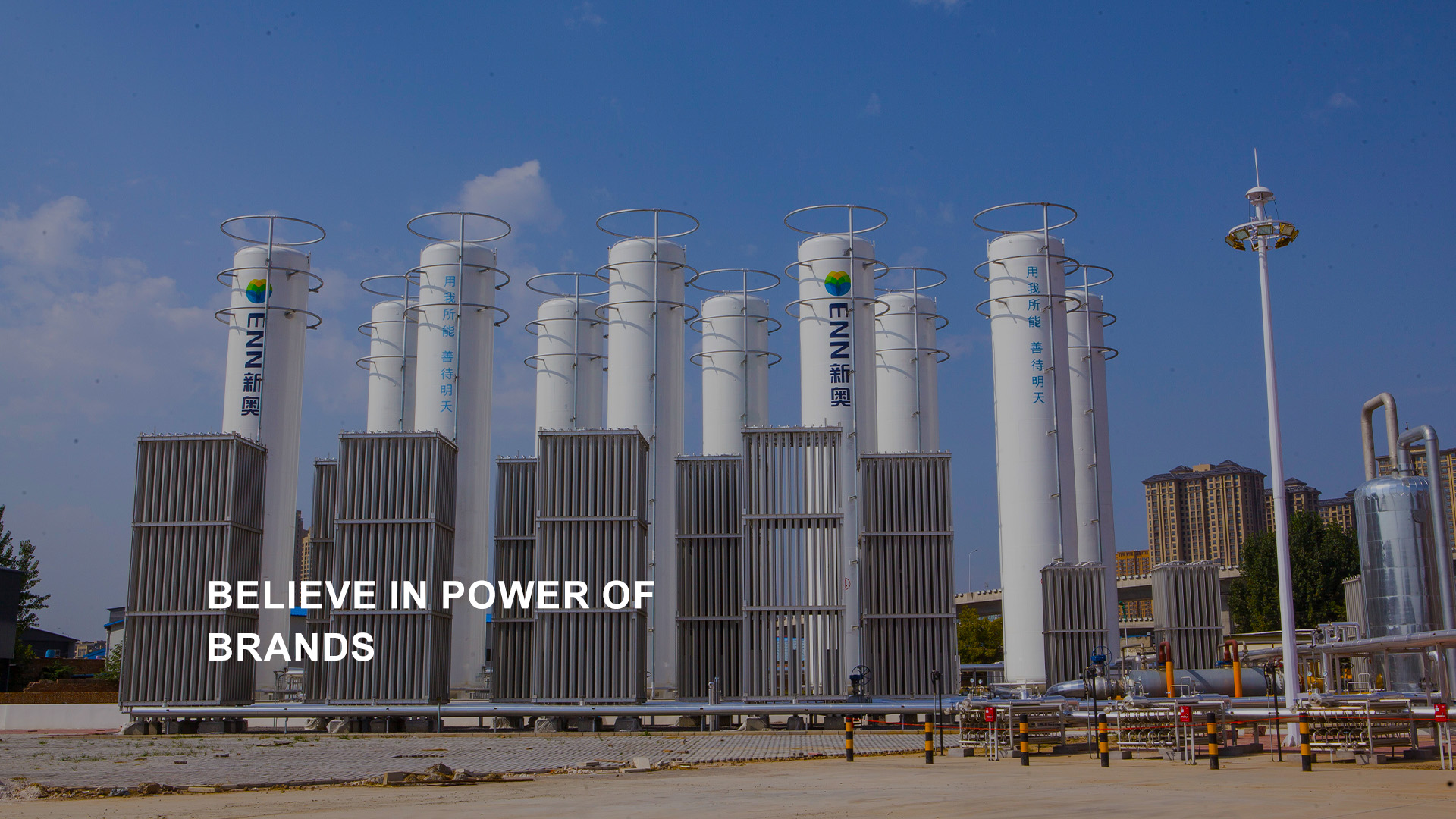
9 月 . 03, 2024 06:35
Back to list
filtration
Understanding Filtration The Key Process in Purification
Filtration is a crucial process widely employed across various industries and scientific fields to separate solids from liquids or gases. Its principles are based on the physical and chemical characteristics of the materials involved, allowing for a multitude of applications ranging from water purification to air quality control.
At its core, filtration involves passing a fluid through a porous medium, which traps solid particles while permitting the fluid to flow. The most common example of filtration is seen in water treatment processes, where dirty water is passed through filter media to remove contaminants. The effectiveness of filtration systems depends on factors such as the size and nature of the particles being removed, the type of filter medium used, and the flow rate of the fluid.
In the context of municipal water supply, filtration plays a vital role in ensuring the safety and quality of drinking water. Water from natural sources often contains impurities like sediments, bacteria, and organic matter. Advanced filtration systems, such as sand filters, activated carbon filters, and membrane filtration technologies, are deployed to eliminate these harmful substances. Activated carbon, for instance, is renowned for its ability to adsorb organic compounds and chlorine, enhancing the taste and odor of water.
filtration

Beyond water treatment, filtration is integral to air purification systems. Air filters used in homes and industrial settings capture dust, pollen, smoke, and other airborne particulates. HEPA (High-Efficiency Particulate Air) filters, for instance, can trap 99.97% of particles measuring 0.3 microns or larger. This capability makes them essential in environments where clean air is critical, such as hospitals and laboratories, preventing the spread of airborne diseases and contaminants.
Filtration is also a vital step in many manufacturing processes, particularly in the food and beverage industry. For example, coffee brewing relies on filtration to separate the liquid coffee from the coffee grounds, ensuring a smooth and enjoyable beverage. Similarly, in the pharmaceutical industry, filtration is used to purify solutions and ensure that products meet stringent quality standards.
Moreover, technological advancements have significantly enhanced filtration efficiency and effectiveness. Nanofiltration and ultrafiltration, for example, utilize membranes with tiny pore sizes to separate smaller particles and even dissolved substances from solutions. These technologies have opened new avenues for purification processes, allowing for the treatment of complex mixtures that were once challenging to manage.
In conclusion, filtration is a fundamental process that supports various sectors by ensuring the removal of undesirable particles from liquids and gases. Whether through traditional methods or cutting-edge technologies, effective filtration systems are indispensable for maintaining health, safety, and quality in our everyday lives. As the demand for clean water and air continues to rise, investing in improved filtration technologies will be crucial for both public and environmental health.
Latest news
-
Unlocking The Quality Gas Pressure ReducersNewsNov.01,2024
-
The Role of Gas Pressure Reducing StationsNewsNov.01,2024
-
The Importance and Functionality of Safety Relief ValvesNewsNov.01,2024
-
The Essential Role of Safety Valves in Natural Gas ApplicationsNewsNov.01,2024
-
The Essential Role of Gas Pressure RegulatorsNewsNov.01,2024
-
Enhance Your Premium Gas FiltersNewsNov.01,2024

